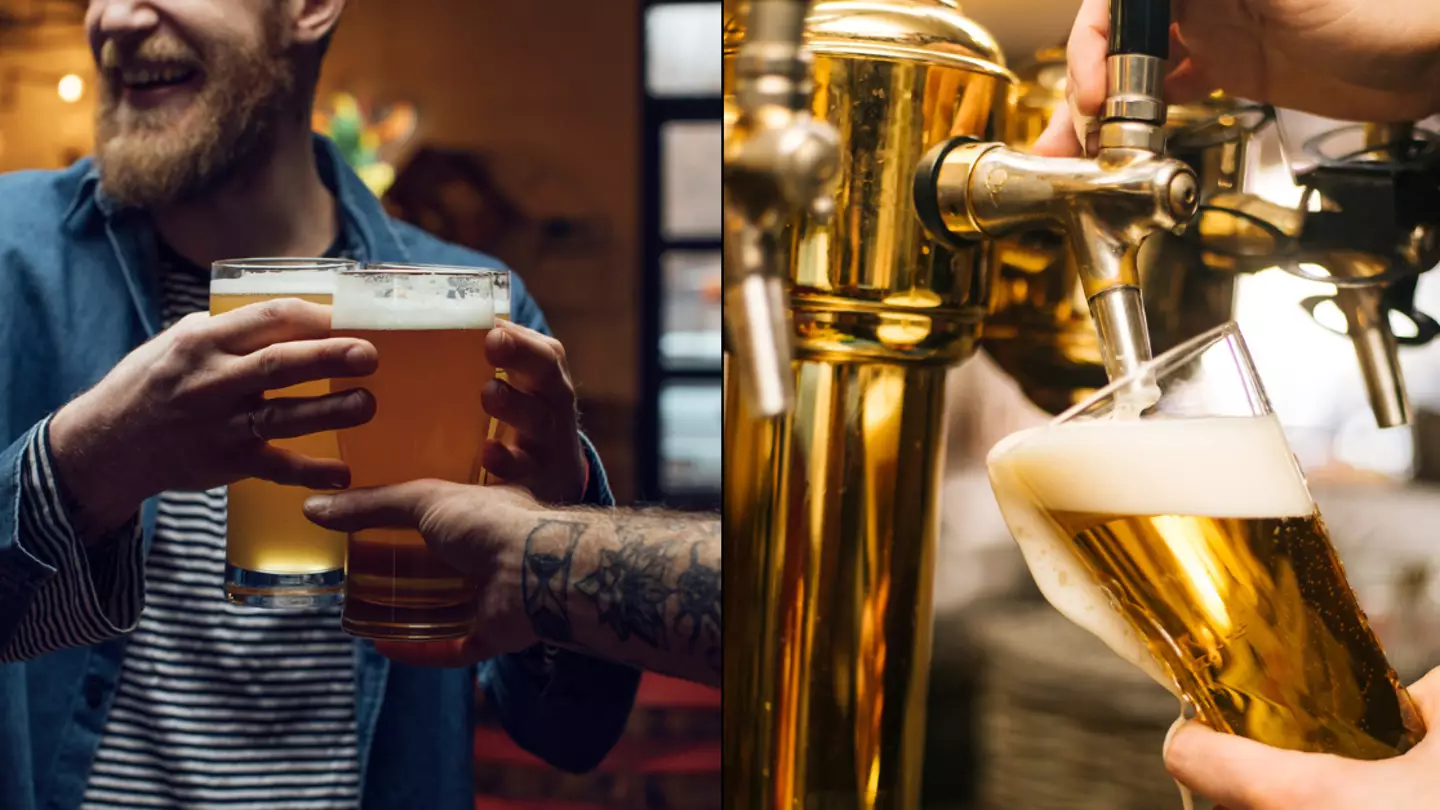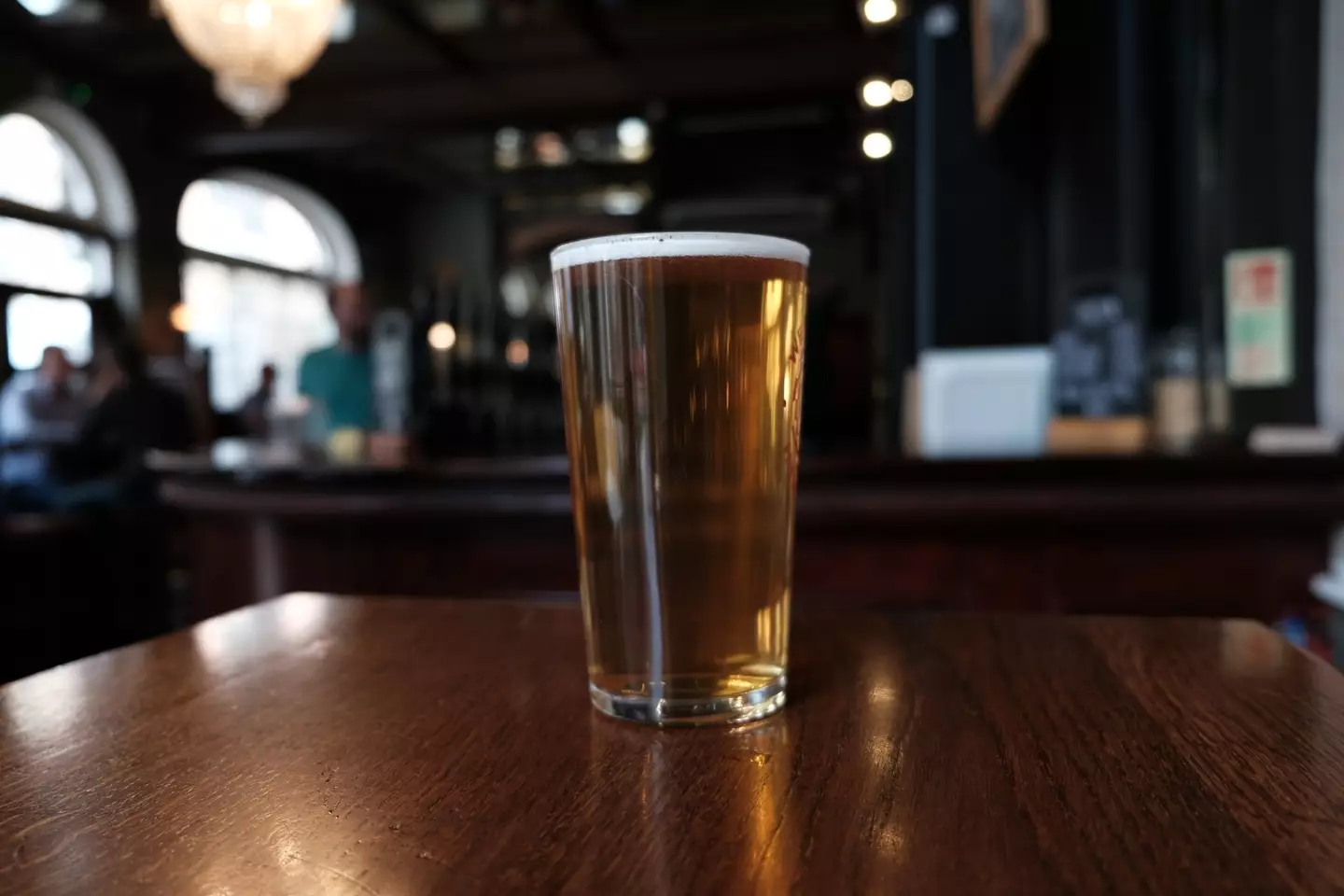
Sure, you’re hard as f**k and you feel exactly the same after just one pint. But you don’t, you know you don’t really.
I’m not saying you’re getting smashed off that first lager, but you definitely feel something in some way. And if you really think you don’t, you could have some issues going on.
But from having that first bit of booze, there are changes in your body both in your mindset and how you physically feel.
A previous video by Yahoo lists some of the things that happen just one hour after drinking a pint of lager.
Advert

Of course, especially if you’ve been hyping it up and looking forward to having that cold one, ‘even before you feel buzzed, sipping beer releases dopamine’. You know, the ‘feel-good’ hormone.
The video explains this has the effect of ‘lighting up reward centres in the brain’.
But it’s not all sunshine and rainbows as it adds that even after one beer, your blood sugar drops slightly – ‘especially if you’re drinking on an empty stomach’.
“Leading you to be slightly dizzy and giving you a case of the munchies,” it explains. “You’ll also find yourself going to the bathroom more often alcohol inhibits anti-diuretic hormones.”
It then goes on to claim that women and men are ‘affected differently’ when they have just that one beer – on average, anyway.
“Women tend to get 30-40 percent more intoxicated than males from the same dose of alcohol,” it claims. “Mainly because of the distribution of body water and body fat per kilogram.”
A psychiatrist previously explained what happened when a teen went through a brain scan while under the influence of alcohol.
Dr Daniel Amen said: “We took a young kid who was drinking a lot, got him sober and then got him drunk, and we scanned him drunk and his frontal lobes went away.
"Why do you care? The front part of your brain [that controls] things like focus, forethought, judgement, impulse control, organisation, planning, empathy - you want all those things.”
Yep, those important frontal lobes which are vital to our everyday function practically are out of use.
The New York State Office of Addiction Services and Supports (OASAS) adds: “When alcohol affects the frontal lobes of the brain, a person may find it hard to control his or her emotions and urges."